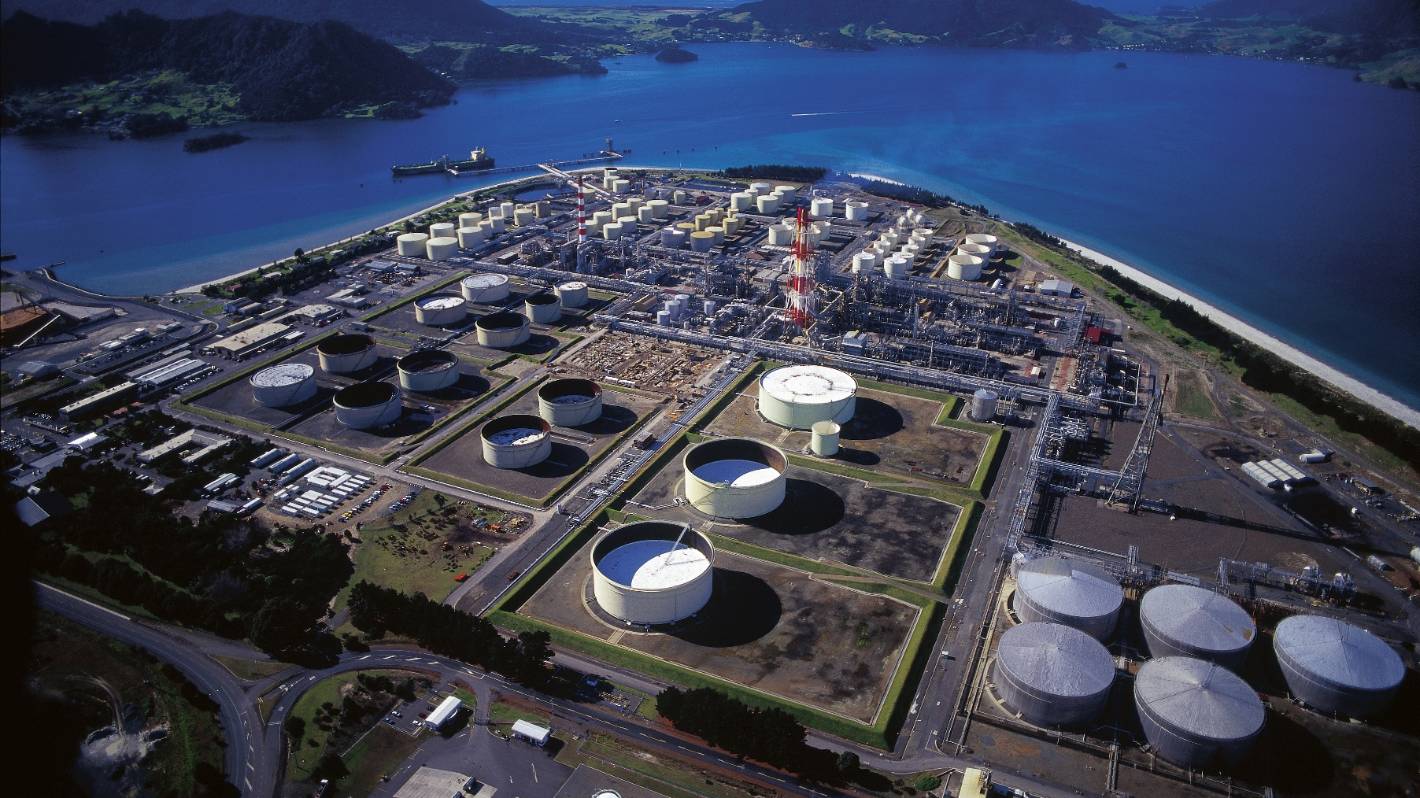NEWS
Mark Freeman
A new independent report into the closure of the Marsden Point Oil Refinery refutes the claims used by the refinery company’s board of directors that led to the closure of the refinery.
The refinery used to supply 65%–70% of New Zealand’s refined fuel, but its owners, Refining New Zealand – now Channel Infrastructure – closed the refinery in 2022 following a drop in refining profit margins.
The report was written by members of the independent group Operation Good Oil and follows their report released in October 2022 which concluded that the closure posed a serious security threat to New Zealanders.
The new report’s authors say there is now two years’ evidence showing that the claims used to justify the refinery’s closure were wrong.
The report concludes that the refinery’s switch from a refining model to an import only model for the supply of the New Zealand refined fuels market was “a grave error precipitated by a board that failed to present a balanced and rational case for shutdown of the refinery”.
One claim of the board was that the refinery was not financially sustainable and was unlikely to recover its losses from Covid and be competitive against the mega refineries in Asia, says Operation Good Oil researcher Daniel Reurich – but that has been disproven.
“The losses were contrived entirely by the writing off of plant between 2021 and 2022 financial years as per their own reports, and, setting the paper losses aside, the refinery ran a cash neutral position for 2020 and 2021 and would have returned to profit (operating above the cash neutral fee floor) in Q3 2021. Had the refinery run at full capacity through 2022 to 2023, the dividend would have been the highest payout to shareholders in ten years. This was actually predicted in the FY2018 annual report.”
Another claim of the board was that shutting down the refinery would reduce carbon dioxide emissions. In contrast, Mr Reurich says, shipping of refined fuels has led to doubling the equivalent carbon dioxide emissions if the oil had been refined in New Zealand.
“The directors claimed they’d reduced the carbon footprint of the company, which is obvious. But they made no mention of the broader impact in terms of additional emissions attached to foreign production and distribution emissions.” The report argues the refinery’s closure has caused “a massive increase in the CO2 and CO2e emissions of New Zealand’s transport fuels, bitumen and other products the refinery once produced”.
The Operation Good Oil report also refutes a key claim in a 2020 report for the Ministry of Business Innovation and Employment that energy security wouldn’t be affected by the closure of the refinery. The current conflict between Israel and Iran is cited as a case in point. The Strait of Hormuz has been described as “the world’s most important oil transit chokepoint,” says the report. “A disruption in the strait will have an immediate effect on prices in New Zealand, any extended disruption would likely lead to fuel delivery shortages and rationing. New Zealand will not compete with any of the larger closer economies if a disruption occurs.”
Mr Reurich and Karl Barkley, both members of Collective Action for Energy Stability (CAFES), a subsidiary of Operation Good Oil, are standing for election to Channel Infrastructure’s board of directors at its annual shareholders meeting in Wellington on April 30. Mr Barkley is also proposing a shareholder resolution requiring the board to stop the decommissioning process and to commission an independent scoping report to reinstate the refinery.
New Zealanders are being asked to buy shares in Channel Infrastructure and support the election of the CAFES members as well as their resolution at the shareholders meeting. Share trades must be completed by 28 April for voting rights to be attached, Mr Reurich says. He recommends buying shares by Tuesday 23 April.

